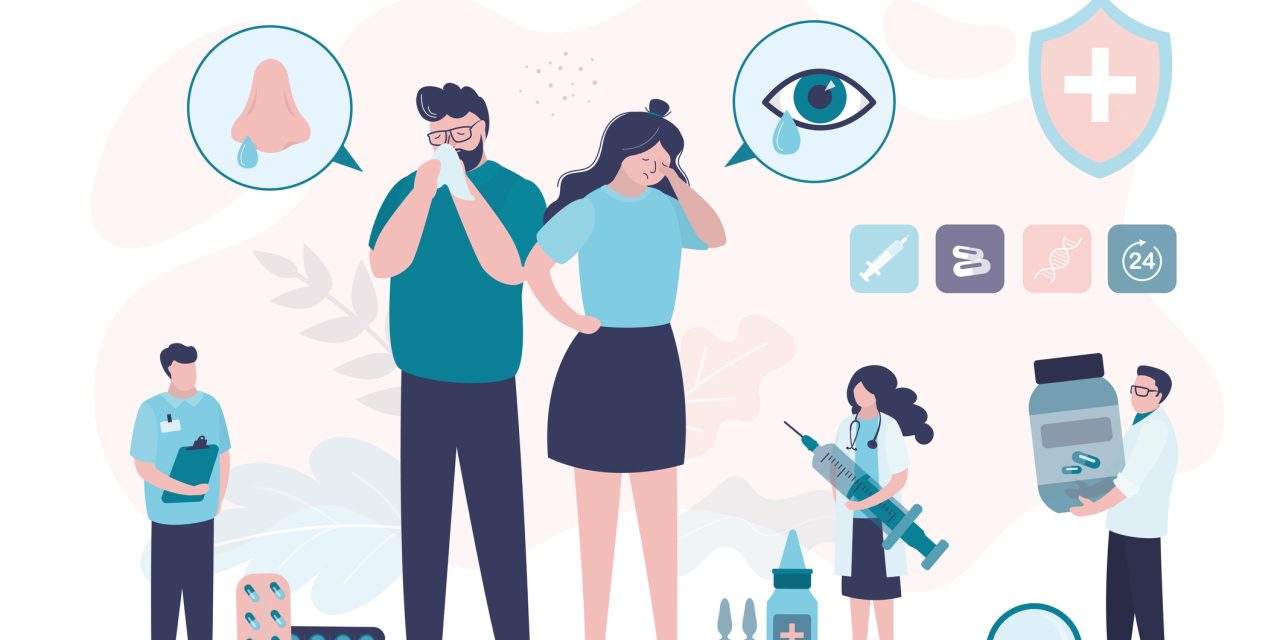Poor pressurized metered dose inhaler (pMDI) technique is prevalent, which will diminish treatment gains. In a two-visit study, two novel pMDI training devices with feedback mechanisms; Trainhaler (THR) and Flo-Tone CR (FTCR), were evaluated alongside the traditional verbal inhaler training (VT) in asthma outpatients.
On visit 1, 18-60 year-old asthmatics with incorrect pMDI use [including peak inhalation flow (PIF) >60 L/min] signed consent and baseline pMDI technique, lung function, asthma control and quality-of-life were measured. Participants were randomized to receive pMDI technique training using VT, THR or FTCR. One hour post-training, the pMDI coordination and PIF were re-assessed. The THR and FTCR patients were given their assigned tools to take home to facilitate regular training. All outcomes were re-evaluated 6-8 weeks later (visit 2).
Ninety-two asthmatics completed visit 1 (46 attended visit 2). Pre-training, 61.3% (VT), 61.5% (THR) and 65.0% (FTCR) patients similarly made ≥2 pMDI errors with mean PIFs 175.2, 187.1 and 158.9 L/min, respectively. pMDI use was significantly improved 1 h post-training. The subjects that completed visit 2 had significantly, yet equally, maintained the improved inhaler use; only 28.0% (VT), 26.2% (THR) and 21.7% (FTCR) patients made ≥2 pMDI errors with PIF improvements; 115.3, 94.6 and 96.1 L/min, respectively. Clinical outcomes remained comparable.
VT improves the overall pMDI technique, however patients gradually forget their VT. The THR and FTCR devices are retained by the patients as their self-monitoring, all-time personal trainers that boost and maintain their VT between routine clinic visits.
2020 Journal of Thoracic Disease. All rights reserved.
ATTACHED, DETACHED and WITHOUT inhaler technique coaching tools to optimize pMDI use competence, asthma control and quality-of-life in asthmatic adults.


